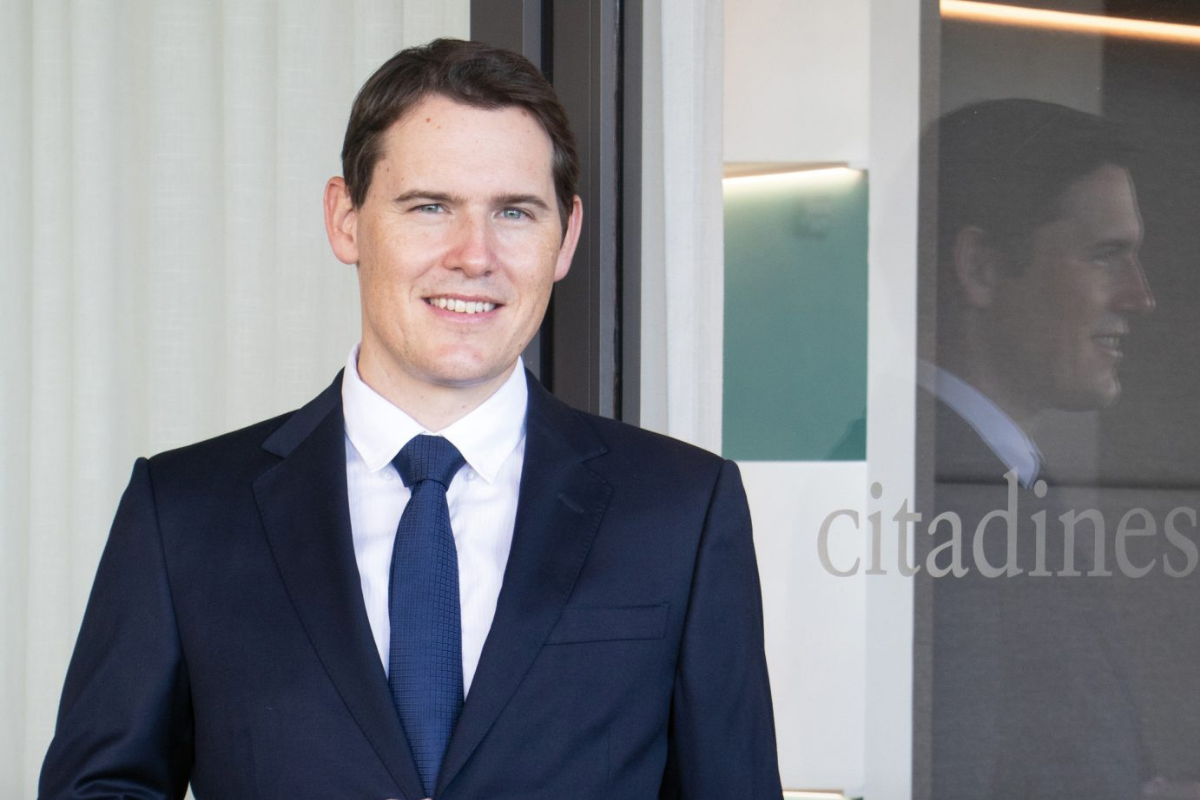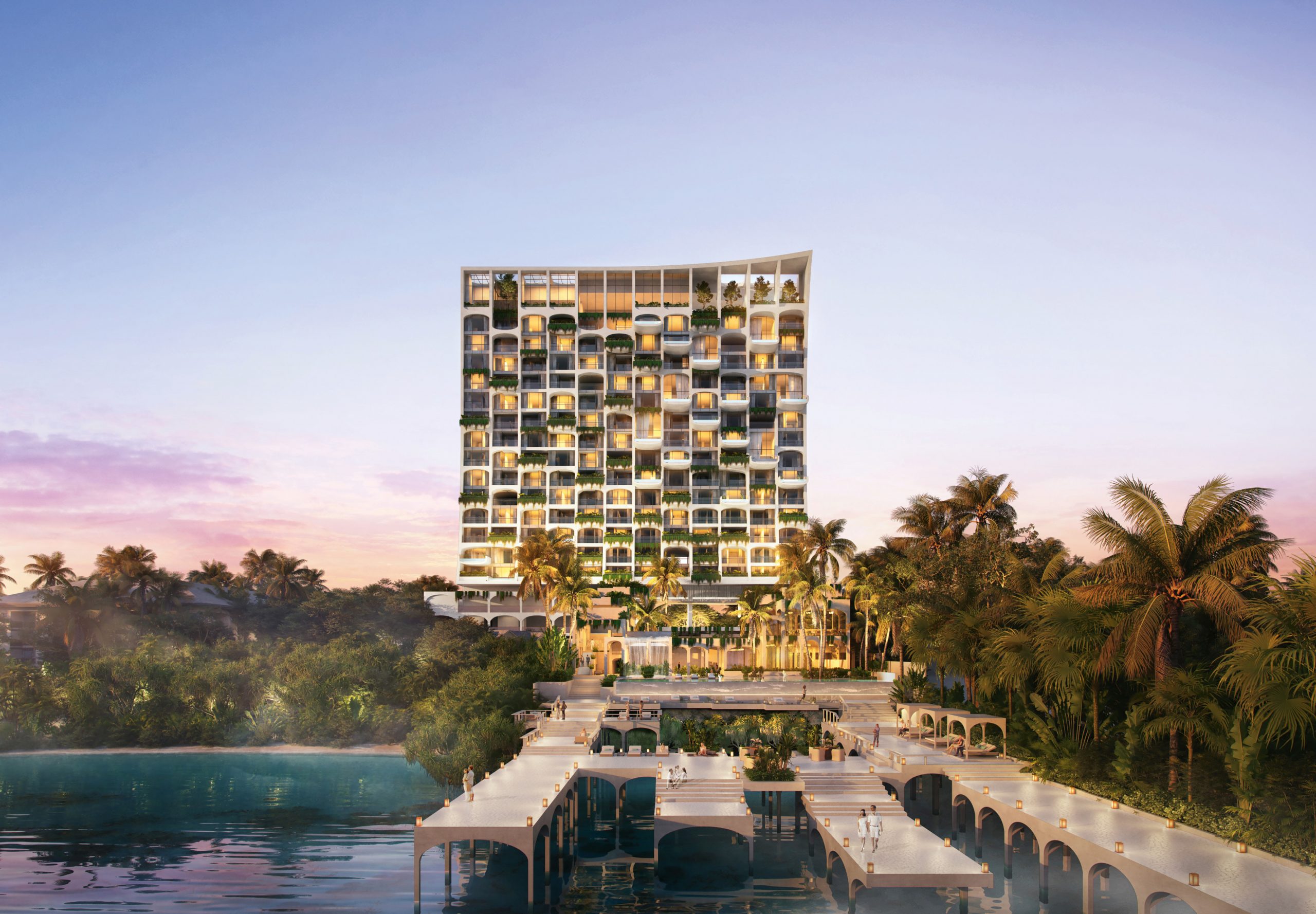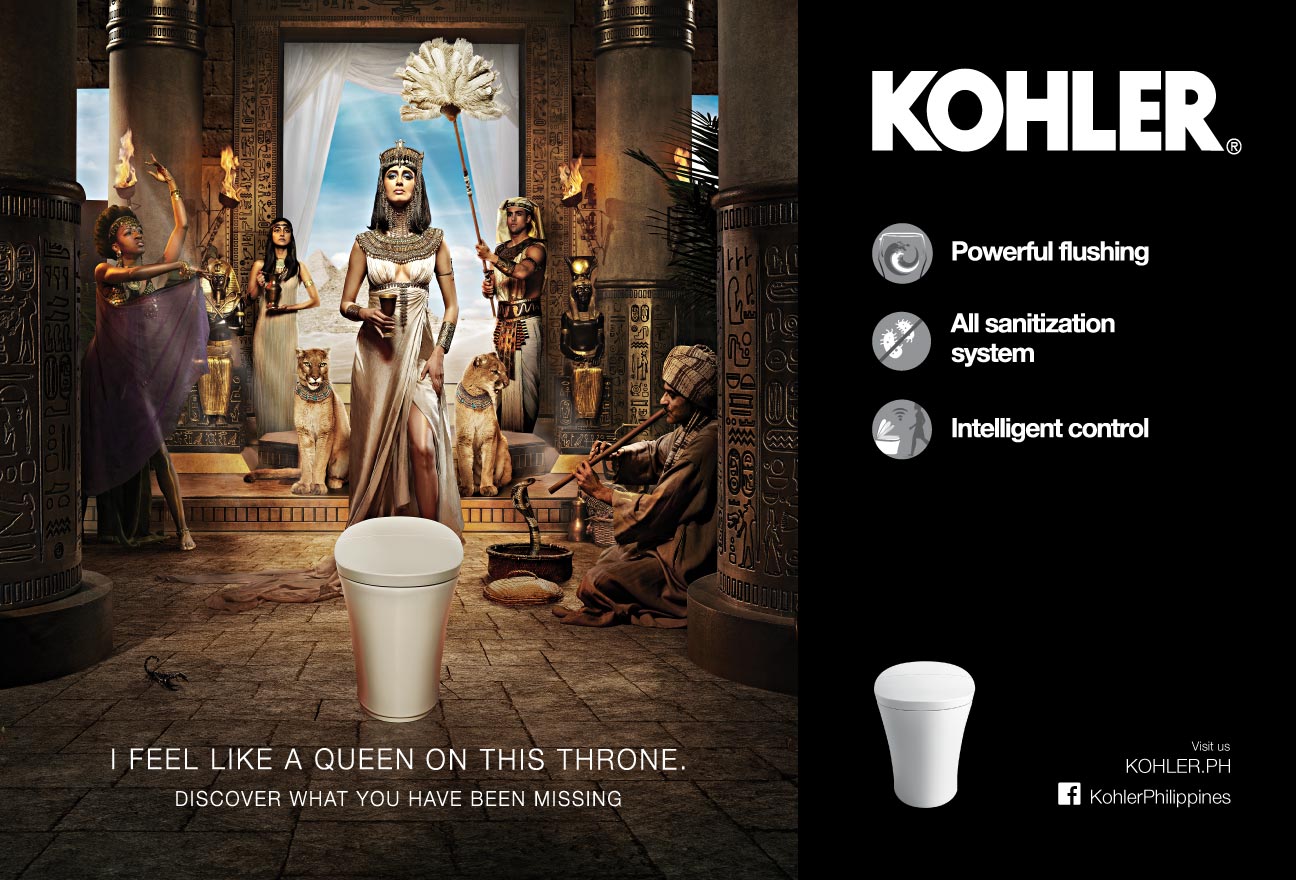Cebu Landmasters (CLI), the leading developer in the Visayas and Mindanao regions in the Philippines, has an impressive track record in multiple developments, with residential as its core business. In recent years, CLI has been a firm believer in the hospitality industry, so much so that it created its own hospitality arm, growing an impressive portfolio of global hotel and resort brands across the region.

Despite COVID-19 decimating the Philippine tourist trade, CLI’s hospitality plans remain unhampered as it is gearing up for tourism’s rebound. The company’s Director of Assets – Premier Hotels, Mathias Bergundthal, says the real estate developer is in it for the long haul and will be at the forefront when travellers return.
“Hospitality is a relatively new business venture for the company with one hotel – Citadines Cebu City – being operational so far. Together with our offices and retail spaces, recurring revenue is around two to three per cent of CLI total revenue. With our expansion plan in hospitality, we will have nine hotels by 2025 with over 1,700 rooms and our recurring revenue will steadily increase,” Mathias says.
Originally from Switzerland, Mathias has worked with Nestlé Switzerland for over 10 years and gained his Master of Business Administration in Hospitality Management at École Hôtelière de Lausanne, ranked the best hospitality school worldwide, prior to joining Cebu Landmasters as Director of Assets – Premier Hotels.
Part of the company’s hospitality venture extends to partnerships with strong international groups such as the Ascott Group, the Radisson Group and recently Accor. “With Ascott, we have several Citadines – a leading brand of serviced residences – which we bring to different key cities such as Davao, Bacolod and Cebu,” Mathias explains. “We will also have the first Lyf Brand in the Philippines – a new, young co-living concept of Ascott.”
In conjunction with the Radisson Group, CLI will bring the first Radisson Red Cebu to South-East Asia in 2023. This lifestyle brand targets guests with an ageless millennial mindset. The company has also recently announced a Mercure and Sofitel to be constructed in Cebu City by 2024 and 2025 as a partner of one of the biggest hospitality groups Accor.
It is very exciting to collaborate with renowned architects and designers to develop these impressive hospitality projects.
“The Philippines’ hospitality market still has a relatively low penetration of international branded hotels, which is the reason why we partnered with operators to bring high-quality hotels to the market,” Mathias says.
While COVID-19 has presented huge challenges for the hospitality industry, it hasn’t slowed the company down with its ambitious plans to develop hotels in the region.
This year, CLI has revealed three big hospitality projects. Sofitel Cebu City will be situated in the Cebu Business Park with the 195-room luxury hotel becoming part of the landmark mixed-use tower designed by SOM, one of the world’s leading architecture firms.

“We are proud we could partner with Accor and SOM and are able to develop the first five-star hotel in the city, embracing local and French culture while showcasing the best gastronomy,” Mathias says.
Mercure Cebu Downtown forms an integral part of the Patria de Cebu master plan, which features a shopping centre, offices and a beautiful central plaza in the heart of the historic city centre.
CLI’s first resort is Abaca Resort Mactan. The 125-room all-suite accommodation was designed by renowned architectural firm Büro Ole Scheeren, whose projects have won numerous awards globally.
“Abaca Resort Mactan will put Cebu on the radar of global travellers seeking a world-class authentic and unique holiday experience. It is very exciting to collaborate with renowned architects and designers to develop these impressive hospitality projects,” Mathias says.
“Despite the pandemic where physical meetings were not possible, we collaborated though Zoom. We work with people from New York, Singapore and Bangkok on a weekly basis and it took a lot of coordination. It worked very well but I’ll be very happy when we can finally meet on site again.”
We want to offer our guests an unforgettable experience and contribute to global travellers exploring this beautiful country.
While the company has very diversified property interests, when it comes to its hotel operations there are ambitious plans going forward. Mathias has not budged from his unwavering belief that the Philippine hospitality market has a promising future.
“We really see a huge potential in the Philippine market,” Mathias says. “It’s English speaking, we have the best beaches, and not to mention the best, most service-oriented people. If you look to neighbouring countries like Thailand, they had 40 million tourist arrivals pre-pandemic, Malaysia had 26 million, Vietnam had 18 million and the Philippines had eight million, so there is the potential to catch up. We want to offer our guests an unforgettable experience and contribute to global travellers exploring this beautiful country.
“We have always wanted to contribute towards making Visayas and Mindanao a thriving economic and tourism destination. We see tourism there driving the economy once global mobility is restored.”
With that in mind, Mathias is using the crisis as a time for preparation and nurturing deals that might not otherwise be had. “We want to be there when hospitality is back,” he says. “We are looking positively into the future.”
Proudly supported by:



